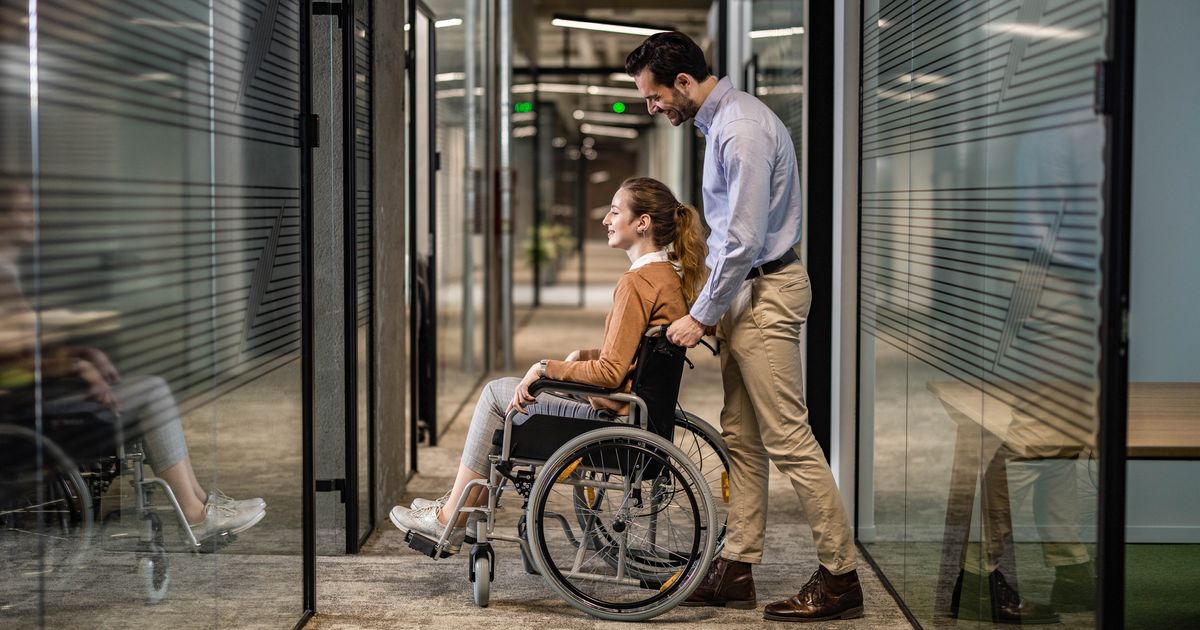Key takeaways:
- The Supreme Court is hearing oral arguments in a case that could have major implications for the rights of disabled individuals to sue places of public accommodation for failing to provide accessibility information on their websites.
- The decision could have a major impact on the rights of disabled individuals to sue places of public accommodation for failing to provide accessibility information on their websites, as well as the ability of “testers” to bring lawsuits aimed at benefitting the disabled community as a whole.
- The Supreme Court is expected to issue a ruling in the case later this year.
The Supreme Court is hearing oral arguments today in a case that could have major implications for the rights of disabled individuals to sue places of public accommodation for failing to provide accessibility information on their websites. The case, Acheson Hotels LLC v. Laufer, was brought about by Deborah Laufer, a disabled Florida resident, who filed a lawsuit in 2020 against Acheson Hotels LLC, a hotel operator based in Maine.
Laufer alleged that the hotel did not have sufficient information available about the establishment’s accessibility features on its website or reservation system. The Supreme Court is now considering whether a disability rights campaigner can sue hotels for failing to disclose accessibility information if she doesn’t plan to actually book a room.
The case could have a major impact on the ability of “testers” to bring lawsuits aimed at benefitting the disabled community as a whole by ensuring that hotels comply with the Americans with Disabilities Act, known as the ADA. Lurking in the background is another legal question on whether the Supreme Court should even decide the case, as Laufer has since withdrawn her lawsuit.
The Supreme Court is expected to issue a ruling in the case later this year. The decision could have a major impact on the rights of disabled individuals to sue places of public accommodation for failing to provide accessibility information on their websites. It could also affect the ability of “testers” to bring lawsuits aimed at benefitting the disabled community as a whole.



Be First to Comment